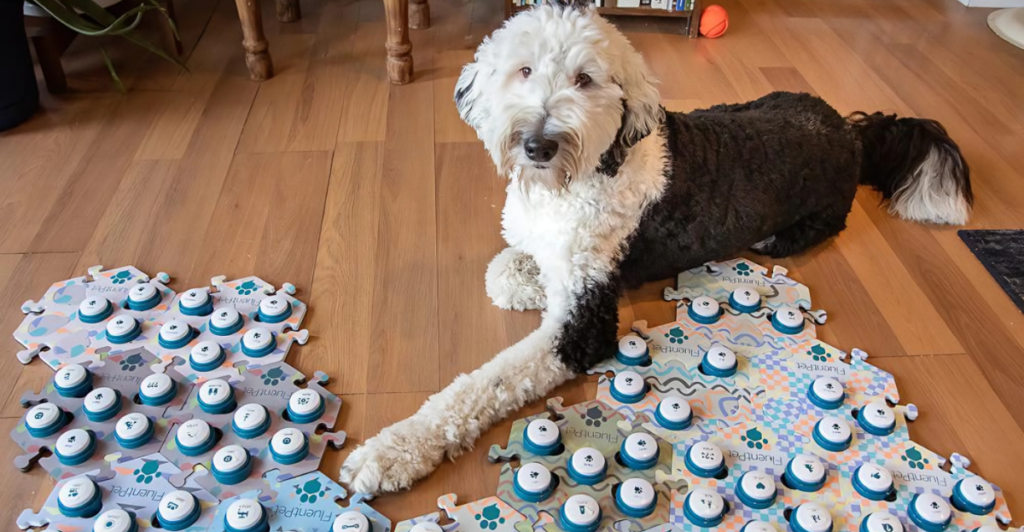
Dogs may not be fluent in English (shocking, I know), but they’re pretty darn good at picking up words that matter to them. Not Shakespeare-level good, but better than you might expect. Think of them like toddlers—furry, drooly toddlers with a strong snack agenda.
Research shows dogs can learn up to 165 human words—and some genius pups even more. But not all words are created equal. Tone, repetition, and context play a massive role. Basically, your dog understands “walk” but will blank you on “existentialism.”
So, how do we know what sticks and what doesn’t? Science, observation, and yes—plenty of treats. Let’s dig into the 7 words your dog probably gets… and the 3 they’ll never understand (no matter how many times you say them).
1. “Walk”
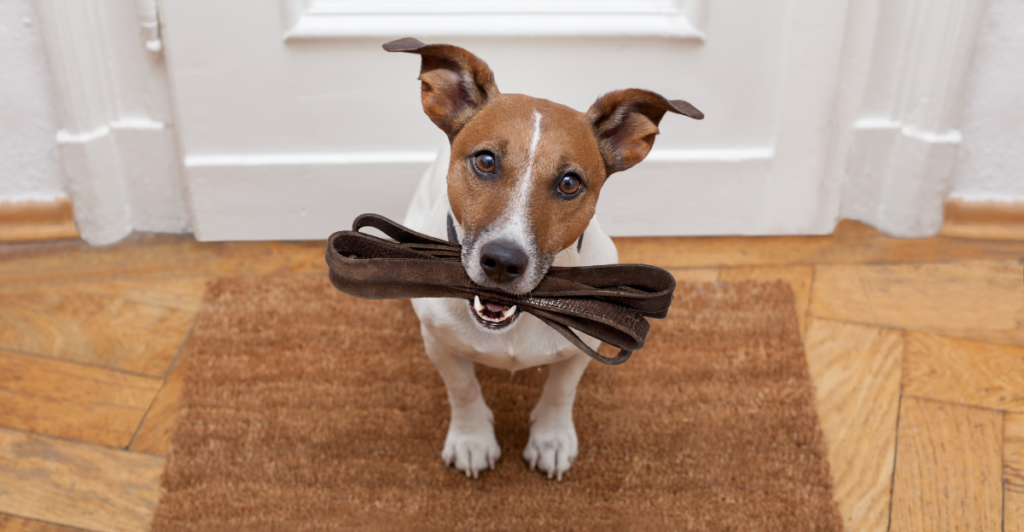
Say it once—casually—and your dog’s already by the door, vibrating like a phone on silent. “Walk” is a top-tier trigger word, and for good reason. It’s tied to adventure, smells, and probably a squirrel or five.
Dogs associate the word “walk” with both the action and the emotional high that comes with it. And it’s not just the word, they also respond to shoes being picked up, jingling leashes, and you reaching for that treat pouch.
You could whisper “walk” from across the house and still spark a canine stampede. It’s the canine equivalent of yelling “Free pizza!” in a college dorm. If your dog doesn’t know “walk” yet? You might wanna get that checked.
2. “Treat”

Say “treat” and you’ll witness a transformation worthy of a Marvel origin story. Suddenly, your dog can sit, stay, roll over, and maybe even file your taxes—if snacks are on the table.
Dogs recognize “treat” through consistent, delicious reinforcement. It’s not just the word—it’s the positive interaction that follow. Basically, if every time you said “treat” someone handed you cake, you’d learn it too.
The magic of “treat” lies in reward-based training. It’s a word your dog hears in moments of joy, which strengthens their understanding. It’s not manipulation—it’s motivation. And if they pretend not to hear it? They’re probably mad at you.
3. “Sit”
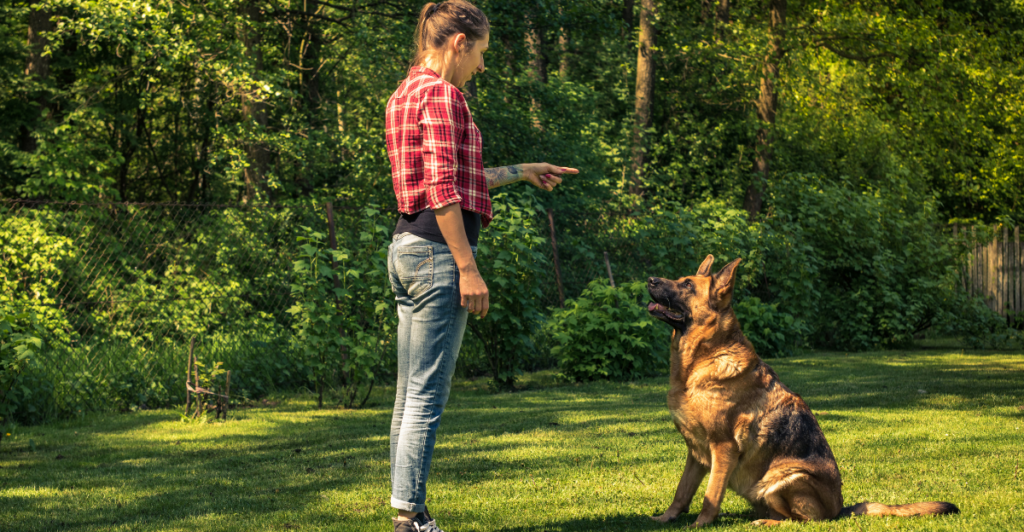
“Sit” is usually the first word in a dog’s obedience vocabulary. It’s simple, short, and easy to pair with a hand signal or treat. It’s the intro-level command every dog trainer starts with—and for good reason.
Dogs catch on to “sit” quickly because it’s easy to associate with a specific body movement. Plus, it’s often followed by a treat, a pet, or a “who’s a good boy?!” squeal that makes their whole day.
Of course, “sit” only works if it’s consistently taught. If your “sit” is sometimes “please, for the love of God, stop jumping,” your dog’s gonna be confused. Consistency is key—even if you have to say it 500 times first.
4. “No”
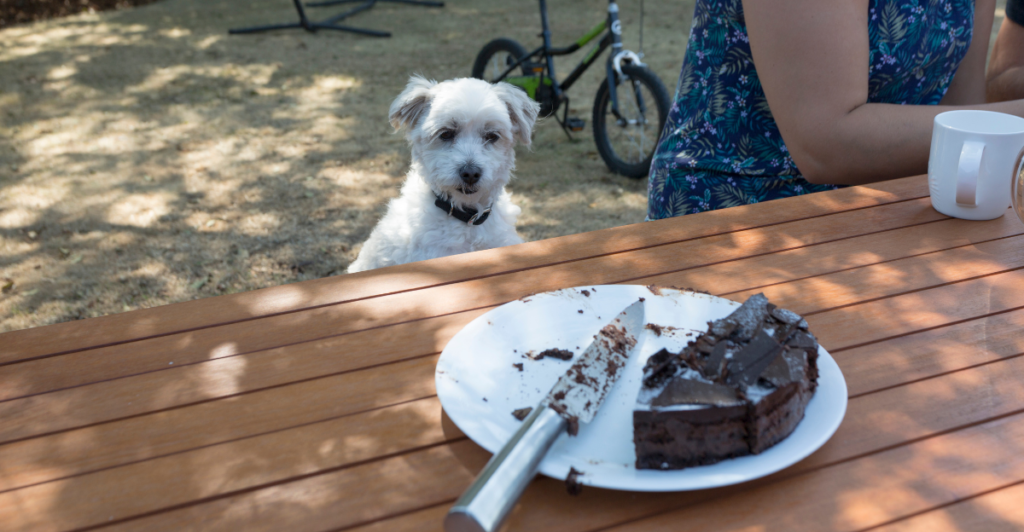
Oh, they know what “no” means. They just don’t always care. “No” is one of those words dogs recognize quickly—usually because it’s paired with a stern voice, finger wag, or you dramatically sprinting to stop them.
Dogs can associate “no” with negative consequences, like a withheld treat or being shooed off the couch. But unless it’s taught properly, “no” becomes white noise—something they hear when you’re panicking but not training.
Used sparingly and clearly, “no” can work wonders. But if you’re yelling “no” while still petting them? Mixed messages, buddy. Your dog’s confused, not defiant. (Okay, maybe a little defiant too.)
5. “Good Boy/Girl”
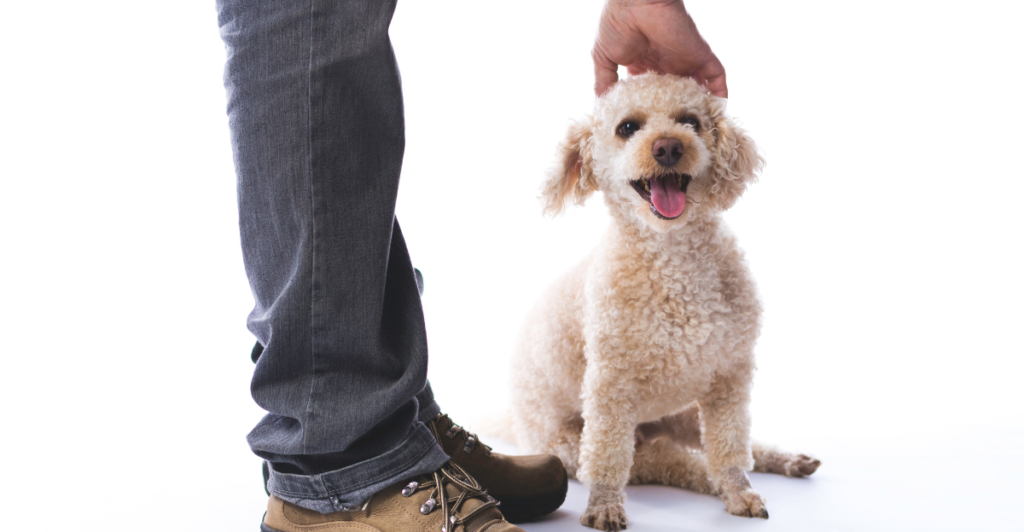
This one’s more than just praise—it’s doggy validation. When said with the right tone, “good boy” or “good girl” lights up your dog’s brain like a Christmas tree. It means approval, love, and likely a snack.
Studies show that positive reinforcement boosts learning. Dogs don’t just hear “good boy”—they feel it. And they’ll work to hear it again, whether it’s after sitting, fetching, or just existing like the perfect little creature they are.
The key is tone. Say it with love, and they’ll soak it up. Say it sarcastically, and they’ll tilt their head in confusion. Remember: for dogs, “good boy” is more than a phrase—it’s an emotional paycheck.
6. Their Name
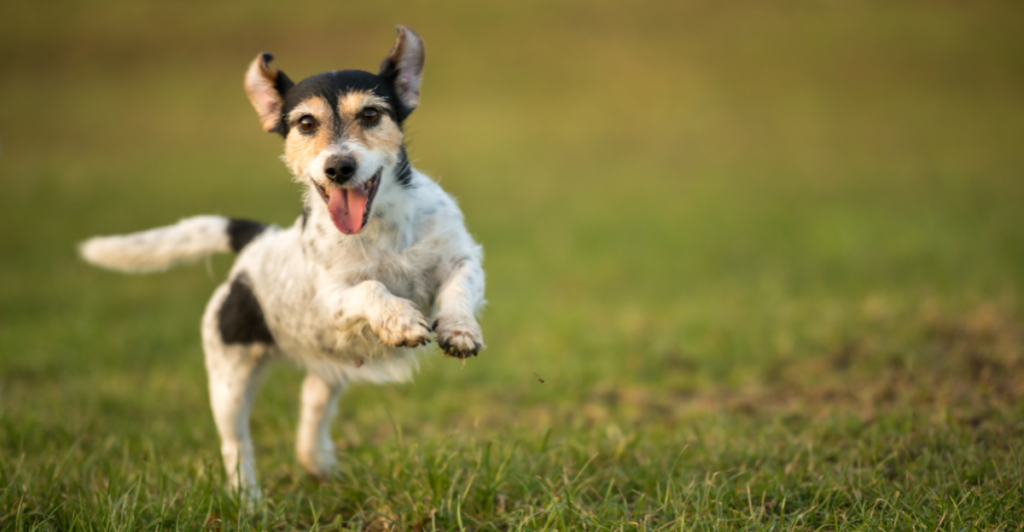
Whether it’s Bella, Max, or Sir Fluffykins the Third, dogs know their name. They learn it fast—because it’s consistently followed by attention, commands, or dinner. Basically, names = action time.
Names act as a personal cue. It’s how dogs separate background noise from relevant info. Say “Charlie,” and Charlie knows something is happening. It might be food. It might be bath time. He’ll risk it.
Consistency is what matters. Don’t overuse their name in negative situations, or they’ll start dodging it. Make it part of happy moments, and they’ll come running. Unless it’s bath day. Then they mysteriously forget their entire identity.
1. “Maybe”
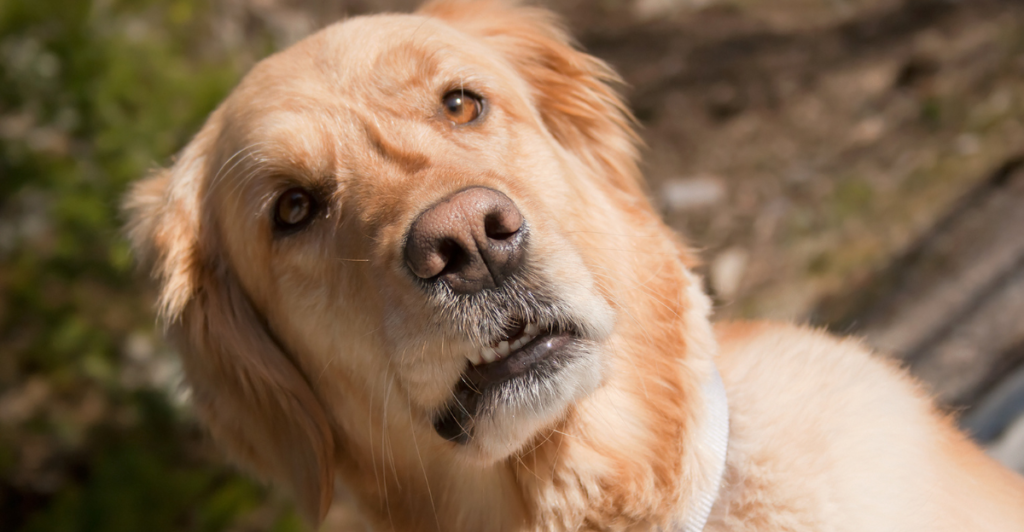
“Maybe” is a concept dogs will never get. Why? Because they’re all about absolutes. Is it walk time or not? Is that chicken theirs or not? Ambiguity is a foreign language to them.
Dogs can’t process abstract uncertainty. If you say “maybe later” in a cheery tone, they’ll just hear the tone—and probably assume that means yes. Then they’ll stare at the door for 3 hours, feeling betrayed.
Using vague words like “maybe” around dogs just sets you both up for disappointment. Be clear. Be consistent. Be the human they think you are—not the one who said “maybe” and then never delivered.
2. “Tomorrow”
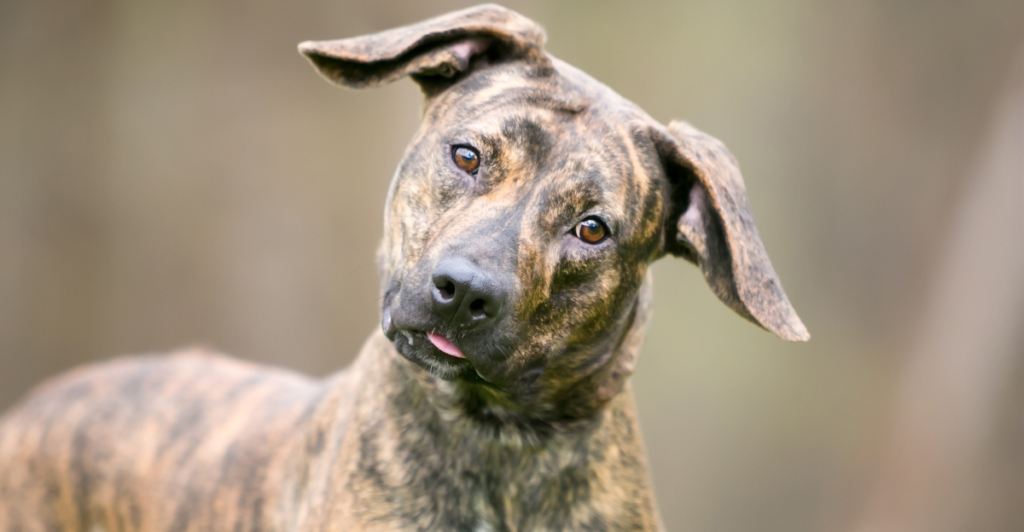
Dogs don’t do calendars. “Tomorrow” means nothing to them. They live in the now, the immediate, the “I heard you open the fridge and I’m already drooling” type of moments.
Telling your dog, “We’ll go tomorrow” is like telling them “We’ll go when Mercury is in retrograde.” They don’t know what that means—but now they’re excited and confused. And maybe just a little disappointed.
Dogs understand routine, not time. They learn that food comes after your alarm, or that the doorbell means chaos. But “tomorrow” is a concept that’s beyond their understanding. So maybe just don’t say it at all.
3. “Later”
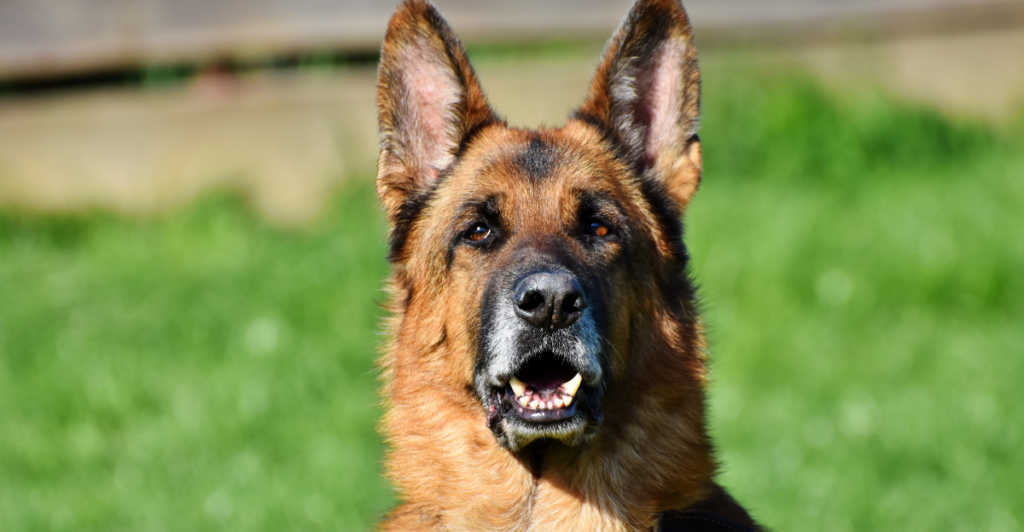
“Later” is the polite human version of “never” to a dog. It’s another abstract concept tied to time—and, as we’ve established, dogs are not out here checking clocks or setting reminders.
You say “later,” your dog hears hope. Then confusion. Then crushing disappointment when “later” doesn’t come. You didn’t mean to lie—you just forgot. But now you’ve got sad puppy eyes staring into your soul.
Instead, use specific cues they know, like “after dinner” or “after work.” Build predictable patterns. Dogs thrive on them. Because to your dog, “later” is just an emotional rollercoaster with no clear destination.
Explore more of our trending stories and hit Follow to keep them coming to your feed!

Don’t miss out on more stories like this! Hit the Follow button at the top of this article to stay updated with the latest news. Share your thoughts in the comments—we’d love to hear from you!







